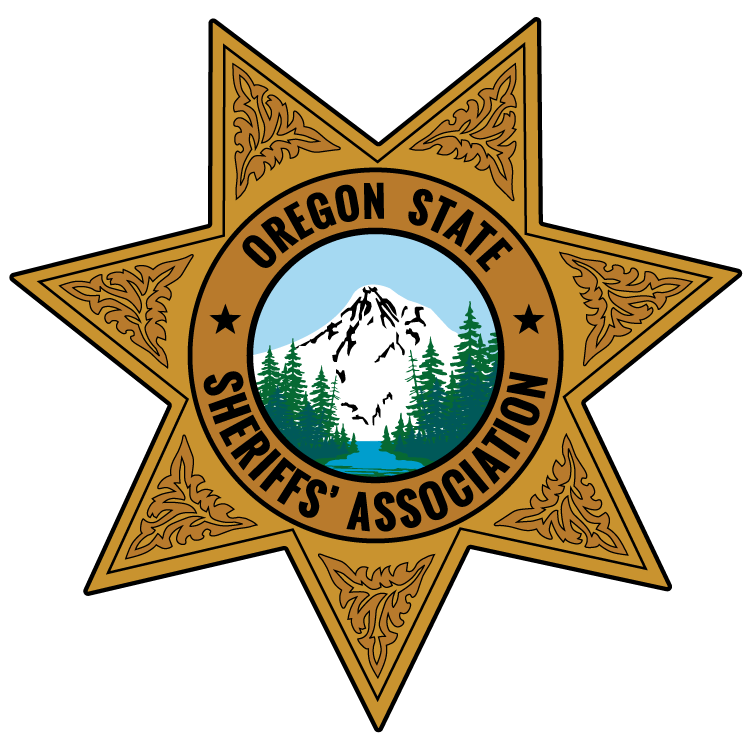Office of the Sheriff
In each of the 36 counties in Oregon, the sheriff is the chief law enforcement officer. Their primary duty is to give full police protection to the unincorporated areas of the county. However, they maintain full police jurisdiction in all municipalities.
Their responsibilities cover the entire spectrum of law enforcement — criminal investigation, Search and Rescue, service of legal process of the courts, the operation of the county jail, and total police services on a 24-hour basis. The sheriff’s office must provide court security, transport all criminals to and from penal institutions, and is also called upon to handle mental patients within their jurisdiction.
The sheriff maintains well-trained reserves to aid regular deputies and to assist them in any way possible. As an unpaid service unit, volunteer deputies are required to have law enforcement education.
In many counties, the Oregon sheriff is directing large numbers of personnel, and managing budgets in excess of several million dollars. The efficient and effective management of the sheriff’s office demands a highly trained and experienced sheriff.
The state law sets the qualifications for sheriff as: not less than 21 years of age, be certified or eligible for certification by the Department of Public Safety Standards and Training, and have at least four years of experience in law enforcement or two years post high school education, or any combination of experience and education for at least four years.
All sheriffs have full police authority in any county in Oregon when requested by another sheriff. In this respect, these leaders have established great working rapport. The communication between the respective sheriffs is effective, efficient, and a true service to the people of Oregon.
Sheriffs' Code of Ethics
"As a law enforcement officer, my fundamental duty is to serve mankind, to safeguard lives and property, to protect innocent against deception, to protect the weak against oppression or intimidation, to protect the peaceful against violence or disorder, and to respect the Constitutional rights of all people to liberty, equality, and justice.
I will keep my private life unsullied as an example to all. I will maintain courageous calm in the face of danger, scorn, or ridicule. I will develop self-restraint and be constantly mindful of the welfare of others. I will be honest in thought and deed in both my personal and private life. I will be exemplary in obeying the laws of the land and the regulations of my office. Whatever I see or hear of a confidential nature or what is confided to me in my official capacity will be kept ever secret unless revelation is necessary in the performance of my duty.
I will never act officiously or permit personal feelings, prejudices, animosities, or friendships to influence my decisions. With no compromise for crime and with relentless prosecution of criminals, I will enforce the law courteously and appropriately without fear or favor, malice or ill intentions. I will never employ unnecessary force or violence and never accept gratuities.
I recognize the badge of my office as the symbol of public faith, and I accept it as a public trust to be held so long as I am true to the ethics of law enforcement. I will constantly strive to achieve these objectives and ideals, dedicating myself before God to my chosen profession…law enforcement."
INTERESTED IN BECOMING A MEMBER?


